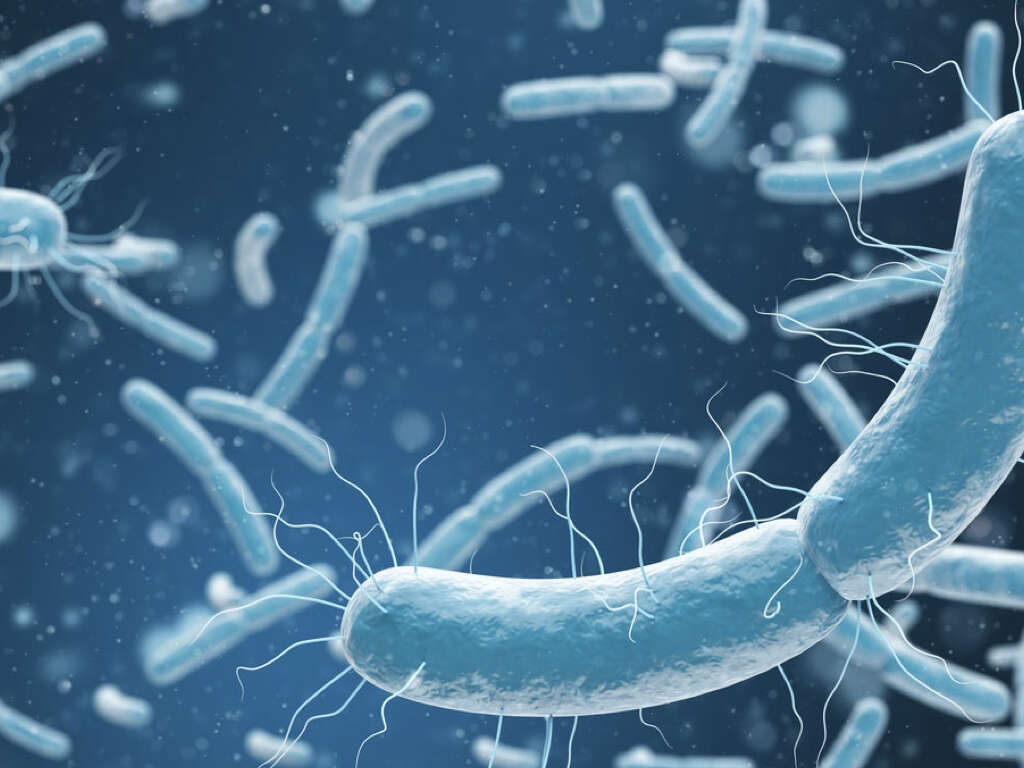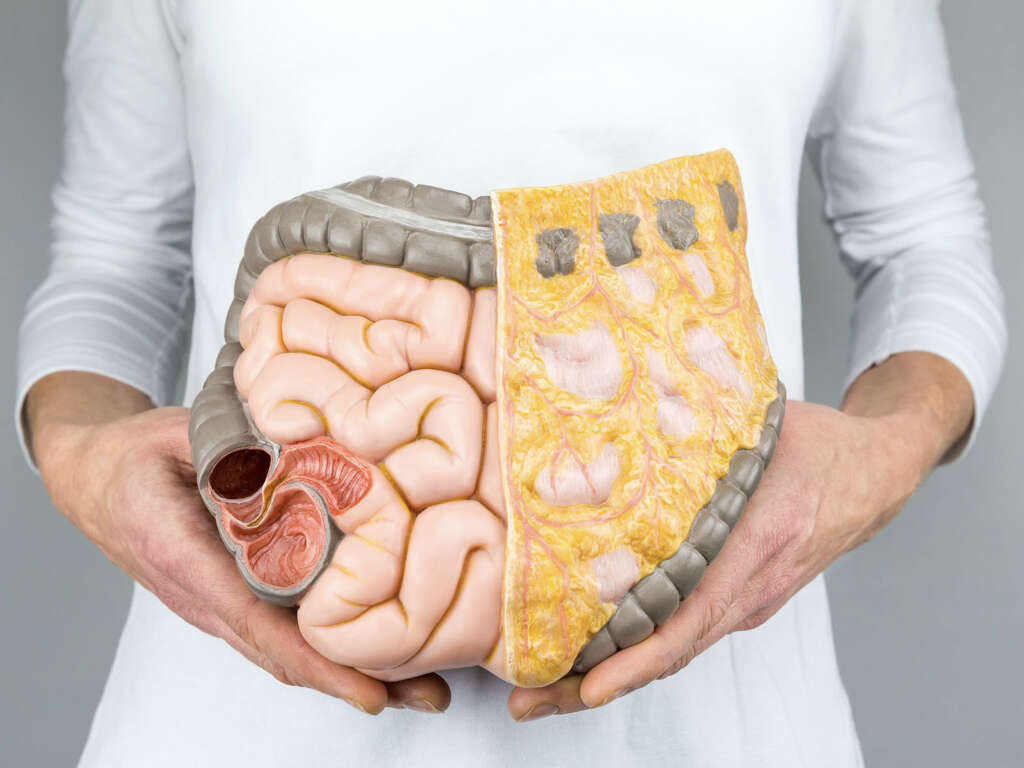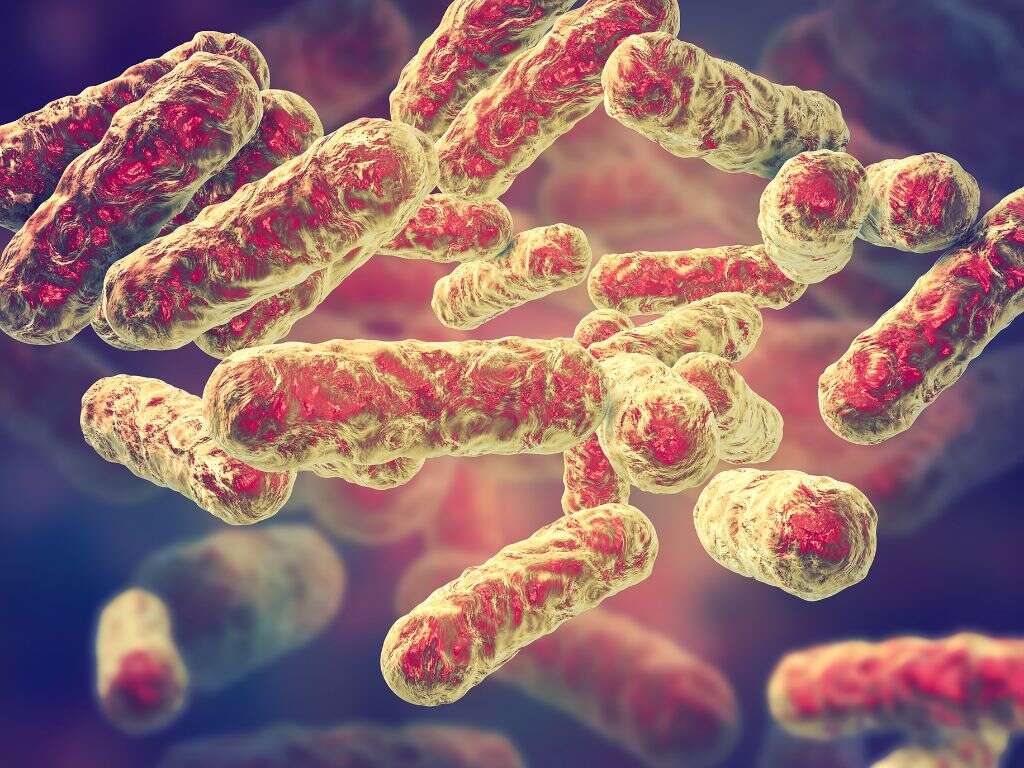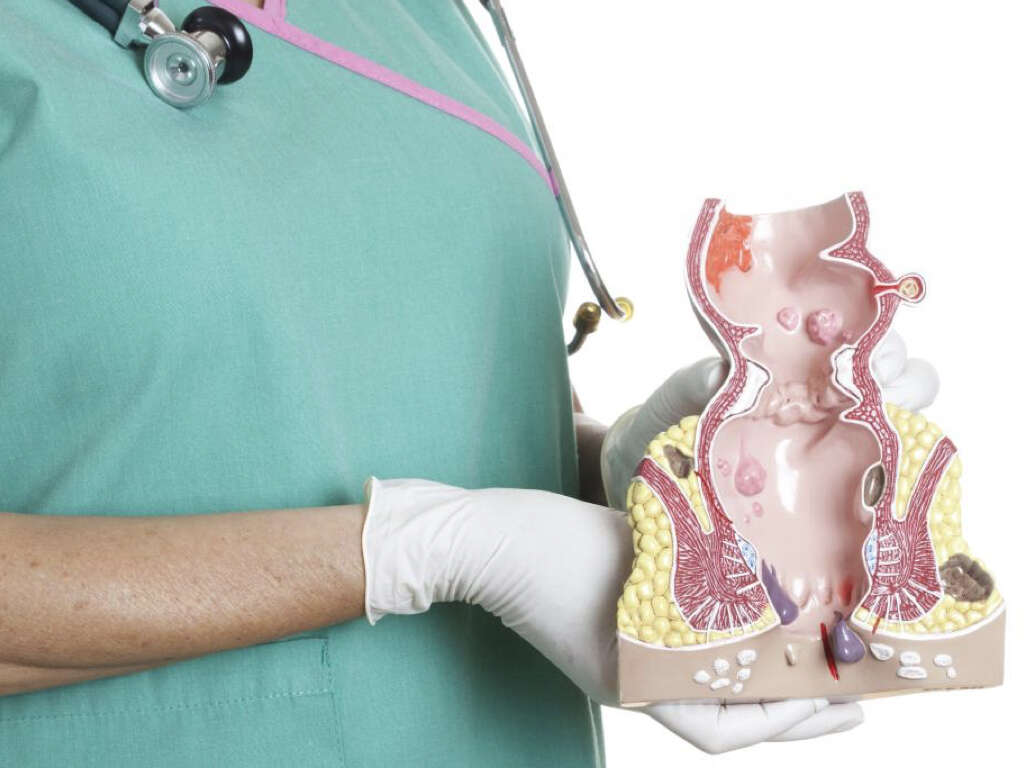Carcinoid Syndrome Symptoms
Despite advances in medicine, we are not yet at a stage where we are safe from cancer, although many types are now treatable. Carcinoid tumors are a rare form of cancer. Their etiology remains unclear; however, there are several genetic syndromes that can be associated with this condition (i.e. Multiple Endocrine Neoplasia). Carcinoid tumors will usually have slow growth, and will rarely cause specific signs or symptoms.
A small percentage of carcinoid tumors may be “functioning” and secrete chemicals (hormones) that can cause a condition known as carcinoid syndrome, while others may be “non-functioning” and not produce early signs or symptoms. Because hormone-producing tissues constitute the origin of carcinoid tumors, many of the side effects of this condition can be associated with incorrect levels of diverse hormones in the body.
Finally, the diagnosis of a carcinoid tumor is difficult, and it may be an incidental finding on surgical procedures (i.e. appendectomy), histopathology, or imaging.
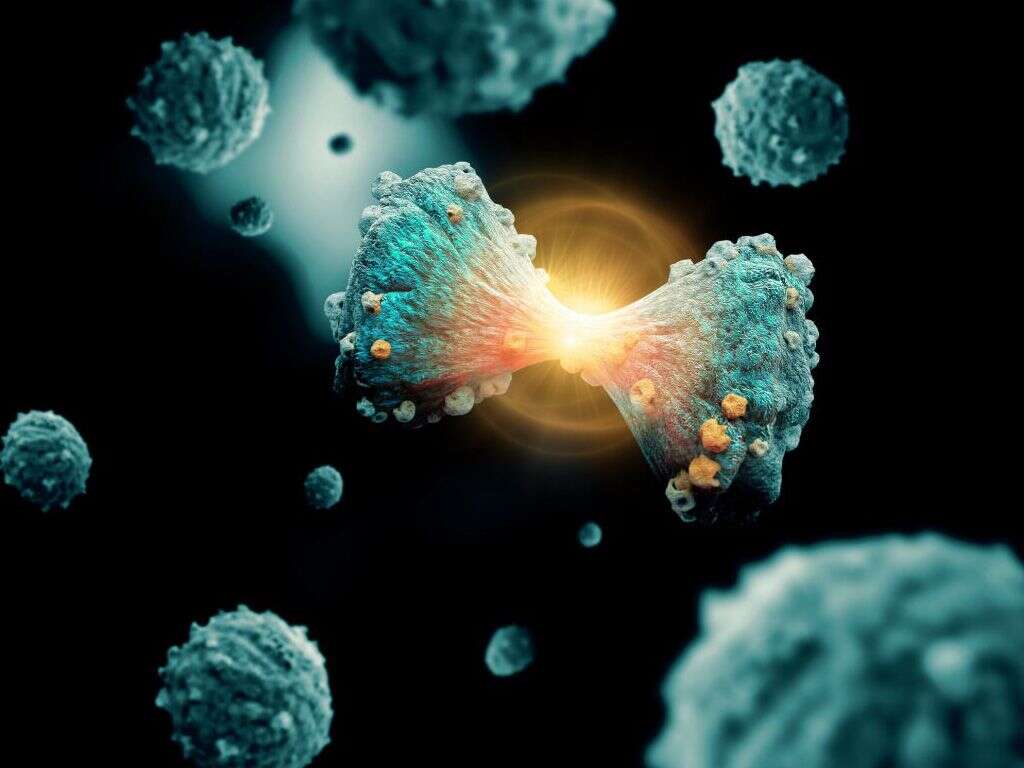
1. Carcinoid Tumor
Carcinoid tumors are a subtype of neuroendocrine tumors, cancers that start in cells known as neuroendocrine cells. These are specialized cells that can receive information from nerve cells (neuronal input) and, as a result, release hormones into the bloodstream. Importantly, hormones are chemical ways of sending specific messages through the blood to different organs or tissues of the body, in order to exert particular functions. Neuroendocrine cells can be found throughout the body; given that they have a role in controlling many important bodily functions. Thus, carcinoid tumors can be located in the respiratory tract (lungs, trachea, bronchus), liver, gastrointestinal tract (rectum, appendix, ileum), ovaries, kidneys, prostate, and testes. Finally, roughly ninety percent of these tumors arise from the appendix or terminal part of the ileum (small intestine).
Most carcinoid tumors (mostly “nonfunctioning” types) will often go unnoticed until they reach an advanced stage because they rarely cause early signs or symptoms. The clinical manifestations in these types of tumors will depend on their size and location. Other carcinoid tumors, especially “functioning” tumors, can cause several symptoms of carcinoid syndrome.
Treatment for carcinoid tumors will generally involve medication (i.e. chemotherapy), but surgery may also be performed in specific cases. In general, the outcome for patients with distant spread of the tumor (metastasis) is poor; however, localized and resected carcinoid tumors have a great prognosis.

2. Carcinoid Syndrome
A syndrome is defined as a group of clinical signs and symptoms that occur together and are frequently associated with a specific disease. Likewise, carcinoid syndrome is a set of signs and symptoms that are caused by a carcinoid tumor (one or multiple at a time).
It is well known that roughly one-third of carcinoid tumors metastasize (i.e. to the liver) or spread from an initial site to a different site within the body. When carcinoid tumors secrete chemicals into the blood, these are normally neutralized by the liver before causing any clinical manifestations. However, a carcinoid tumor that has already spread to the liver (advanced stages) will likely cause symptoms, given that it may secrete substances that can’t be neutralized by the organ before entering the blood. On the other hand, some carcinoid tumors can cause symptoms without being in advanced stages. This usually happens because the tumor releases chemicals upstream from the liver, which means that they will not be processed and eliminated through that organ.
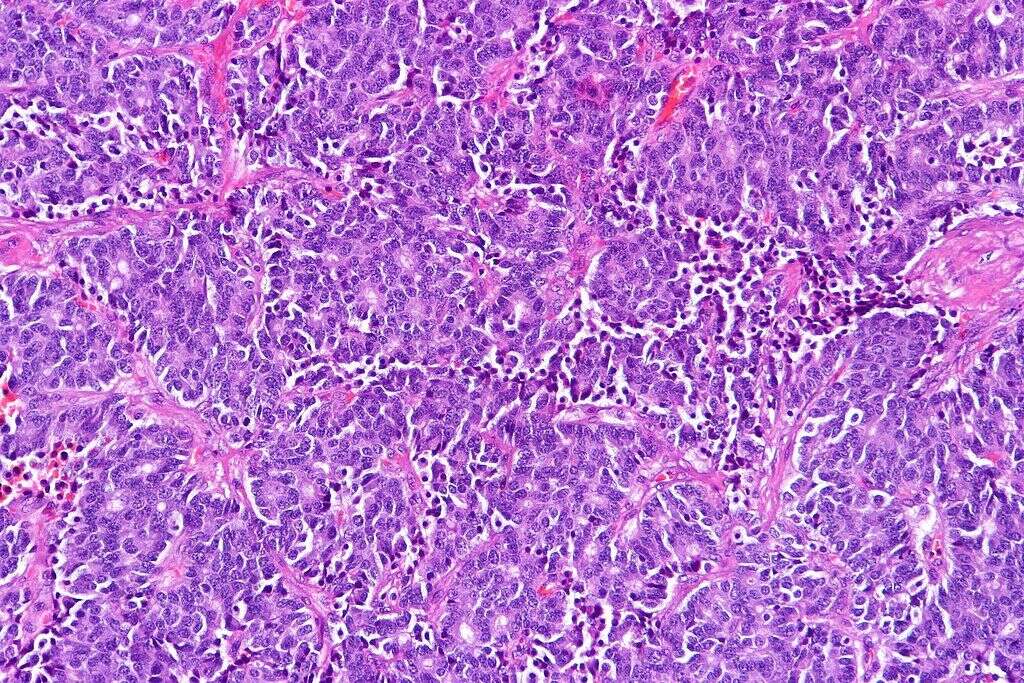
3. Flushing
Flushing is the result of the transient widening of blood vessels (vasodilation) in the skin, which causes a change of skin color to pink or red. Our skin can flush for a number of reasons. Sometimes, it is down to being embarrassed, whereas some people will find that their skin flushes when they drink alcohol.
Flushing is usually completely harmless in itself, but it can be a symptom of a potentially serious underlying problem. The chemicals released by a carcinoid tumor (i.e. tachykinin or histamine) can cause some patients’ skin to become flushed. The flushing can occur in the face, neck, and in the chest. The symptom will sometimes last for just a few minutes (2-5 min) or it can last for hours in advanced stages of the disease.

4. Breathing Difficulties
Not being able to breathe properly is something that should be taken seriously as we simply must get the oxygen that we need to survive. Some people, however, are born with, or will develop, conditions that will affect their ability to breathe properly.
Patients with carcinoid syndrome will sometimes find that they have shortness of breath, also known as dyspnea. This symptom is caused by the hormones released by the carcinoid tumor, and it is likely to occur simultaneously with the flushing of the skin. These substances can cause bronchospasm (asthma-like attacks) or a sudden constriction of the smooth muscle that surrounds the wall of the smaller branches of the bronchial airway (bronchioles), making it difficult to breathe. Other signs and symptoms of bronchospasm include cough, wheezing, and a sensation of tightness in the chest.
On the other hand, the carcinoid tumor itself, if it is located in the lungs, can also cause shortness of breath, chest pain, cough, and hemoptysis (coughing up of blood). Complication of this condition, such as pneumonia, can also cause these symptoms. Finally, if the carcinoid tumor is located in the bowel, it may cause gastrointestinal bleeding and subsequent anemia. Shortness of breath and fatigue are two common symptoms of anemia, regardless of the cause.

5. Diarrhea
Diarrhea is one of those conditions that is unpleasant, yet also quite common. In carcinoid syndrome, it appears to be caused by the tumor’s excessive hormone production, specifically of an important chemical (neurotransmitter) known as serotonin. Excess serotonin in the body, will likely increase gut motility, and augment fluid secretion (i.e. mucus). Nonetheless, many patients may not experience this symptom, even if the tumor does produce these substances.
In carcinoid syndrome, watery diarrhea is fairly common. It is usually very frequent, (i.e. 20 episodes per day) and debilitating. Also, this symptom continues with fasting and it is frequently accompanied by abdominal cramping and flushing of the skin. Complications of severe diarrhea in carcinoid syndrome include dehydration, electrolyte imbalances, and malabsorption.

6. Visible Veins
We don’t usually notice our veins, aside from the larger ones that are clearly visible in places like our hands and our neck. There are many smaller veins that sit just below the surface of the skin but these are largely invisible to us. Certain medical conditions can change this, however.
Some patients with carcinoid syndrome, after a few years, can find that tiny spider-like blood vessels develop close to the surface of the skin of their faces. These blood vessels are known as telangiectasias and they can be attributed to chronic vasodilation. Telangiectasias commonly appear in the nose, upper lip, and neck.

7. Palpitations
Palpitations can be defined as the sensation of having a fast-beating or pounding heart. In rare instances, heart palpitations can be a symptom of a heart condition. Patients who suffer from carcinoid syndrome can experience a carcinoid crisis. It is a life-threatening event that can cause palpitations, low blood pressure, confusion or dizziness, flushing of the skin, and breathing difficulties. In a carcinoid crisis, an abnormally fast or even irregular heartbeat (arrhythmia) can occur, leading to palpitations.
A carcinoid crisis usually occurs in patients with carcinoid tumors, as a response to certain triggers such as anesthesia or tumor manipulation during surgery or biopsy. These triggers may cause the tumor to release great amounts of chemical substances; thus, causing a variety of related symptoms.

8. Abdominal pain
The most common sites for carcinoid tumors include the appendix and the small intestine. Patients with carcinoid syndrome can present with prolonged abdominal pain in the lower half of the abdomen (right quadrant) or apparent acute inflammation of the appendix (acute appendicitis).
Also, bowel obstruction can occur as a direct result of the mechanical effect of the carcinoid tumor or its effects on the tissues that surround the intestines. One of these local effects is intra-abdominal fibrosis, specifically of the mesentery, leading to decreased mesenteric perfusion. In short, this refers to the thickening and scarring of a fold of peritoneum (a serous membrane) which attaches many abdominal organs to the posterior wall of the abdomen. Symptoms of bowel obstruction include constipation, severe abdominal pain with cramps, vomiting, and inability to pass gas. In certain cases, surgery may be needed to relieve bowel obstruction.

9. Fatigue
Fatigue can be defined as a sensation of constant tiredness that is very profound and has no identifiable cause by the patient (i.e. overworking, lack of sleep). Patients with chronic carcinoid syndrome may develop heart disease. The high levels of serotonin that are secreted by the tumor may cause fibrosis or thickening of the heart valves, which can impair their functions. This process may eventually affect the right side of the organ, causing right-sided heart failure. Patients with an advanced heart condition may exhibit fatigue, shortness of breath, and edema or swelling of the extremities.
Carcinoid heart disease occurs in around half of the patients with carcinoid syndrome. It is more common in people with carcinoid tumors that start in the small intestine.
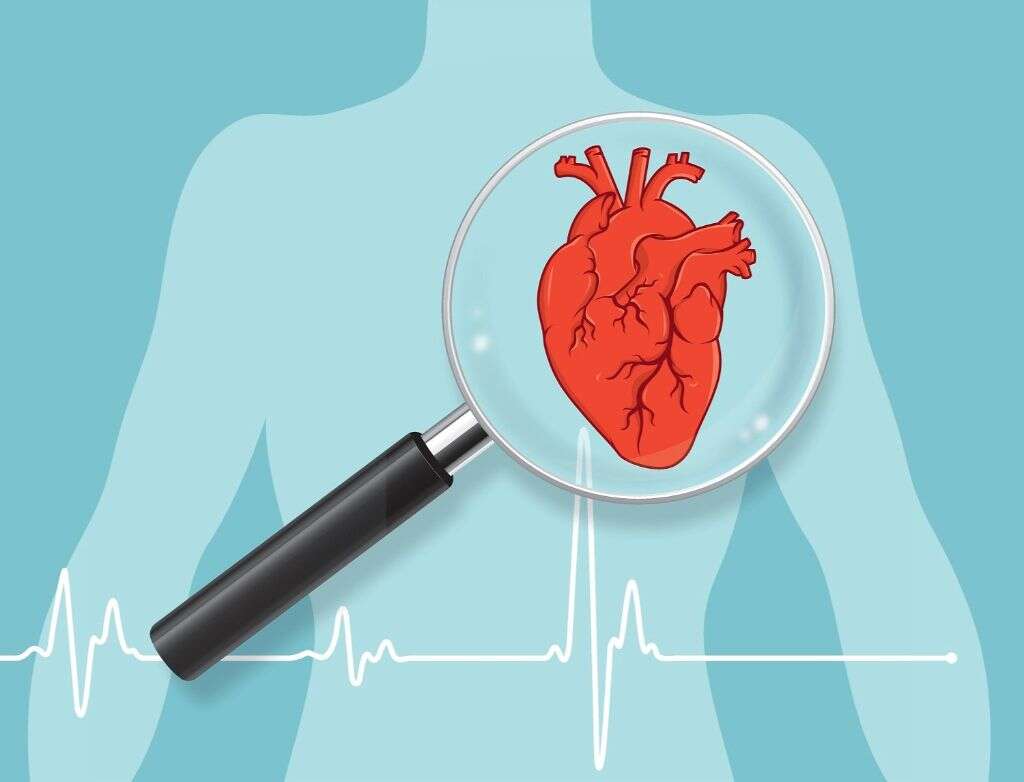
10. Irritability
Irritability is a symptom, which is found in several illnesses. It can be understood as a disproportionate reactivity to negative emotional stimuli, frequently resulting in frustration and anger.
Irritability is an uncommon symptom of carcinoid syndrome; however, if present, it can greatly impact the patient’s quality of life. The cause of this symptom is related to the excess production of serotonin by carcinoid tumors. This depletes the available pool of tryptophan in the cerebrospinal fluid, the sole precursor for the synthesis of serotonin in the brain. Moreover, aggression and lack of impulse control have also been associated with carcinoid syndrome.




